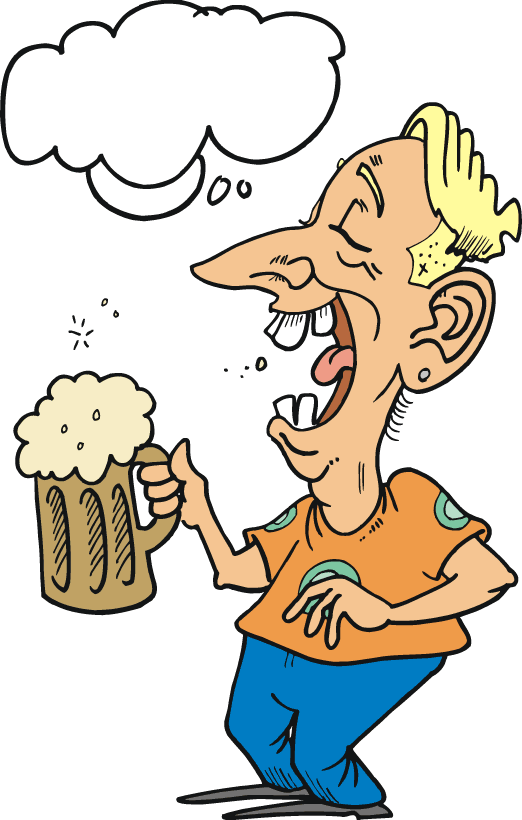Winthrop wrote:
 Bull of Hartford Church filled with faith in entering the Pequot fort, he put off his arms, he was attacked by 3: Indians he laid hold of one of their arrows &c. & cut the other 2: bowstrings, & cleft one of their heads, & broke his sword, & by that occasion rescued a wounded man out of the fire, & used his sword, his piece of hard cheese received an arrow he killed 22.
Bull of Hartford Church filled with faith in entering the Pequot fort, he put off his arms, he was attacked by 3: Indians he laid hold of one of their arrows &c. & cut the other 2: bowstrings, & cleft one of their heads, & broke his sword, & by that occasion rescued a wounded man out of the fire, & used his sword, his piece of hard cheese received an arrow he killed 22.In 1639, Thomas Bull testified in the colonial courts "that a musket with 2 letters I W was taken up at Pequannocke in pursuit of the Pequatts which was conceived to be Jno. Woods which was killed at the river's mouth."
 |
| Author of this image is unknown - Source: Wikipedia |
The Pequot War was the first major conflict with the Native Americans in New England. One of the most brutal aspects was the massacre of 400-700 men, women and children in the Pequot fortification at Mystic, Connecticut. The attack was over quickly and the death toll so high, in part, because the colonists set fire to the village. A few years ago a documentary was made about the conflict. Unfortunately, I have been unable to find a place to view this film but the trailer makes it look pretty amazing. The website for that film has this to say:
"It is a moonlit pre-dawn in May 1637. English Puritans from Massachusetts Bay Colony and Connecticut Colony, with Mohegan and Narragansett allies, surround a fortified Pequot village at a place called Missituck (Mystic). In the village, the Pequots sleep. Suddenly, a dog barks. The awakened Pequots shout Owanux! Owanux! (Englishmen! Englishmen!) and mount a valiant defense. But within an hour, the village is burned and 400-700 men, women, and children are killed.
Captain John Underhill, one of the English commanders, documents the event in his journal, Newes from America :
Down fell men, women, and children. Those that 'scaped us, fell into the hands of the Indians that were in the rear of us. Not above five of them 'scaped out of our hands. Our Indians came us and greatly admired the manner of Englishmen's fight, but cried "Mach it, mach it!" - that is, "It is naught, it is naught, because it is too furious, and slays too many men." Great and doleful was the bloody sight to the view of young soldiers that never had been in war, to see so many souls lie gasping on the ground, so thick, in some places, that you could hardly pass along.
The massacre at Mystic is over in less than an hour. The battle cuts the heart from the Pequot people and scatters them across what is now southern New England, Long Island, and Upstate New York. Over the next few months, remaining resistors are either tracked down and killed or enslaved. The name "Pequot" is outlawed by the English. The Puritan justification for the action is simply stated by Captain Underhill:
It may be demanded, Why should you be so furious? Should not Christians have more mercy and compassion? Sometimes the Scripture declareth women and children must perish with their parents. Sometimes the case alters, but we will not dispute it now. We had sufficient light from the word of God for our proceedings."
Thomas Bull was married to a woman named Susanna. She died at Hartford on August 12, 1680. Thomas died between April 20 and October 24, 1684.
The eight children of Thomas & Susanna Bull were:
- Mary, born about 1639, no further record.
- Joseph, born about 1641, married first about 1671 Sarah Manning and married second Hannah Humphrey about 1697.
- Ruth, born about 1643, married Andrew Bordman on October 15, 1669.
- Susanah, born about 1645, married Thomas Bunce.
- Thomas, born about 1647, married first Esther Cowles on April 29, 1669 in Farmington, CT and married second Mary (Cheever) Lewis on January 13, 1692 in Farmington, CT.
- Jonathan, baptized March 25, 1649, married Sarah Whiting on March 19, 1684/5.
- David, baptized February 9, 1650/1, married Hannah Chapman on December 27, 1677 in Saybrook, CT.
- Abigail, born about 1653, married in Salem, MA, Rev. Thomas Barnard on April 28, 1696.
Thomas Bull
Joseph Bull
Nathaniel Bull
Tabitha Bull
Samuel Ackley
William Ackley
Sarah Ackley
Mary Jane Abbott
Fannie May Capen
Thomas Richard Carter - my grandfather
This week was interesting for me. Between the revision of the DNA matches on Ancestry.com and the deep discount that allowed me to place my DNA on Family Tree DNA, I am finally getting matches that are meaningful. This week I connected with a man who grew up on Maine but now lives in Florida. He is also a descendant of Thomas Bull. We share the line through Samuel Ackley, making us 5th cousins, once removed. We discovered some other common ancestors too.
Additional Source:
Great Migration 1634-1635, A-B (online database. AmericanAncestors.org. New England Historic Genealogical Society, 2008.)


































